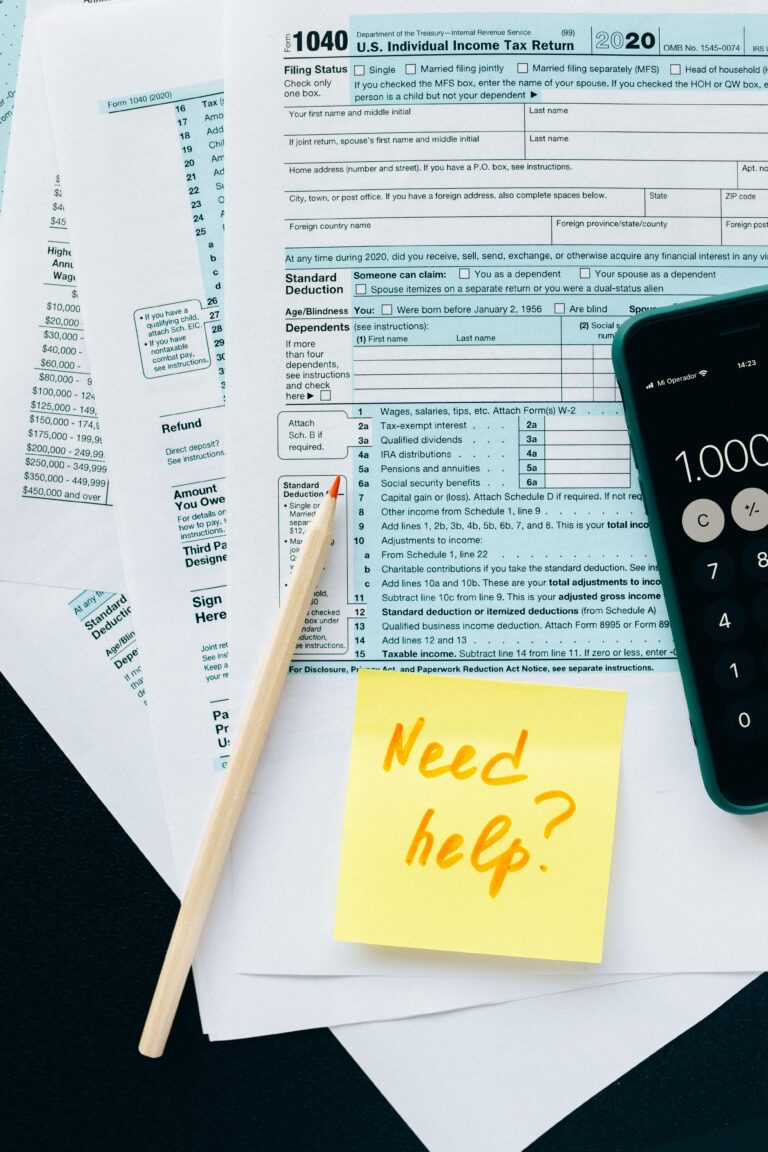Thailand’s position as a vibrant logistics and consumer hub in the heart of ASEAN makes it a prime territory for an import business in Thailand. The demand for foreign goods, from cutting-edge technology to luxury consumer products, is stronger than ever. However, success in this arena requires more than just a great product and a willing market. It demands a mastery of a multi-faceted landscape encompassing legal structures, customs regulations, and tax obligations. This guide provides a strategic blueprint, built on four essential pillars, for establishing a robust and compliant import enterprise in the kingdom.
Pillar 1: The Legal Foundation – Building Your Corporate Vehicle
Before you can import your first shipment, you must construct the legal entity that will conduct the trade. This is your corporate vehicle, and it must be built to specification. For a foreigner, this almost invariably means establishing a Thai Limited Company.
However, simply registering a company is not enough. During the setup process, it is absolutely critical that the company’s registered objectives explicitly include import and export activities. This foundational step ensures your business has the legal mandate to trade internationally. Think of this not as a preliminary chore, but as pouring the concrete foundation for your entire operation. A solid legal structure is the base upon which all other pillars will rest, providing credibility with suppliers, customers, and government agencies alike.
Pillar 2: The Gateway to Trade – Licensing & Regulatory Compliance
With your company established, the next pillar is to obtain the keys that unlock Thailand’s borders. This involves securing the necessary licenses and ensuring your products are compliant with local regulations before they are shipped.
First, your company must register with the Thai Customs Department through their “Paperless” online system. This digital registration acts as your primary “Importer/Exporter Card,” identifying your company as a legitimate trader and enabling all future customs declarations.
Second, and critically, is product-specific compliance. Many categories of goods are regulated by government bodies beyond the Customs Department. For instance, if you plan to import food, supplements, cosmetics, or medical equipment, you must first secure pre-approval or a license from the Thai Food and Drug Administration (FDA). Attempting to import these goods without the required FDA license will result in the shipment being halted at the border, causing significant delays and potential financial loss. Proactive regulatory compliance is the hallmark of a professional importer.
Pillar 3: Navigating the Customs Maze – Logistics and Duties
This pillar represents the operational core of your import business. Successfully navigating Thai Customs requires precision and expertise. The process revolves around three key concepts:
- The Universal Language of Trade (HS Codes): Every product, from a simple screw to a complex piece of machinery, is classified under a Harmonized System (HS) Code. This universal code is what the Thai Customs Department uses to identify your goods and, most importantly, determine the applicable rate of import duty. Correctly identifying the HS Code for your products is one of the most vital steps in the entire process.
- Understanding Import Duties & Taxes: The primary tax at the border is Import Duty, which is calculated based on the product’s HS Code and its “CIF” value (Cost, Insurance, and Freight). Alongside duty, Customs will also collect Value Added Tax (VAT) on the total value of the shipment. It’s also worth exploring if your products are eligible for reduced or zero duty rates under one of Thailand’s many Free Trade Agreements (FTAs).
- Your Logistics Partner: The complexity of customs clearance makes a professional customs broker or freight forwarder an indispensable partner. They handle the documentation, communicate with officials, and ensure your goods are cleared efficiently and correctly, saving you from navigating the intricate details of the process yourself.
Pillar 4: Mastering the Financial Flow – Ongoing Tax Obligations
Your tax responsibilities do not end at the port. The final pillar of a sustainable import business is managing your ongoing domestic tax obligations. The VAT you paid to Customs upon import can often be claimed back as an input tax against the VAT you collect from your domestic sales.
Furthermore, all the profit your company generates from selling the imported goods within Thailand is subject to Corporate Income Tax. Maintaining meticulous records of your import costs, duties paid, and sales revenue is essential for accurate annual tax filing and ensuring the long-term financial health of your enterprise.
Conclusion
A successful import business in Thailand is not a linear checklist but a dynamic, integrated system. It is an enterprise where a solid legal foundation, proactive regulatory compliance, efficient customs navigation, and diligent financial management all work in harmony. Weakness in any one of these pillars can jeopardize the entire structure.
Building and managing this integrated system requires deep, multi-disciplinary expertise. To ensure your venture is built for success from day one, you need a partner who understands every pillar.
Contact Act and Align Advisor. We specialize in creating seamless, fully-compliant business solutions. From company registration and FDA licensing to navigating customs and tax complexities, we are the architects who can build and manage your entire import operation, allowing you to focus on the art of the deal.







